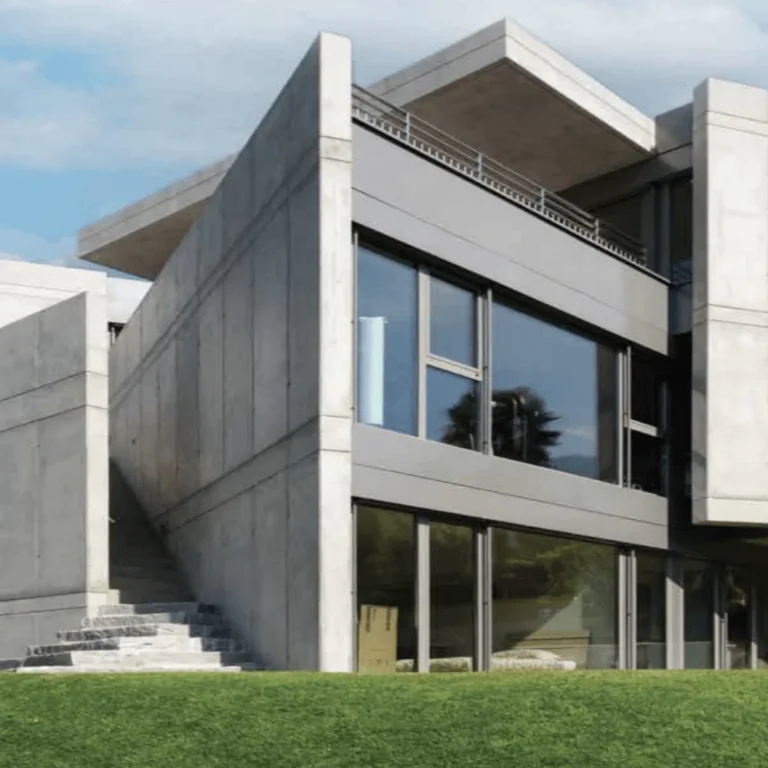Understanding the Basics Before You Begin
For many overseas Pakistanis, building a home back in Pakistan is both a dream and a long-term investment. However, the process is not always straightforward. From legal formalities and land verification to selecting a trustworthy house construction company, each step requires careful attention. Whether you plan to move back or simply want a secure base for your visits, knowing the basics can save you from costly mistakes.
Land Matters First
Before you even think about construction, ensure your land is legally owned, documented, and clear of disputes. Many overseas Pakistanis fall into the trap of buying plots through relatives or agents without verifying the title or layout approvals. Always check with the local development authority, whether it’s LDA (Lahore Development Authority), CDA (Capital Development Authority), or any other regional body. If the plot is in a housing society, make sure the society is registered and the plot file is genuine.
This is one of the most important steps because construction without legal clearance can result in fines or even demolition. Be sure to consult property lawyers or real estate consultants who deal with expats. Also, keep your original property documents scanned and stored digitally for emergencies.
Choosing the Right Construction Partner
Once your land is secured, the next step is hiring a reliable construction partner. Not every contractor or builder offers the same level of service. Look for a house construction company with a proper portfolio, registration with PEC (Pakistan Engineering Council), and a clear payment schedule.
One way to start is by checking companies that provide full turn-key solutions. For instance, many firms now offer architecture, interior design, and construction under one contract, which ensures consistency across all phases. You can explore companies through professional directories or by visiting their websites such as https://rsmdevelopers.com/.
Make sure you sign a formal agreement that covers costs, timeline, penalties for delays, and material specifications. Having everything on paper is the only way to safeguard your investment.
On-Ground Supervision Is a Must
Even if you’re living abroad, it’s important to stay involved in the construction process. Appoint a trusted family member or hire a project manager locally to monitor the work. Some overseas clients prefer firms that offer live site updates or digital project tracking systems.
This is especially useful if you’re investing in a home in DHA, Bahria Town, or other upscale housing schemes. Many such developments are strict about construction bylaws, so having a construction team that understands local rules helps avoid delays or penalties.
Compare Construction Models and Rates
Construction in Pakistan usually follows two models: grey structure only or complete turn-key. The grey structure includes the basic skeleton—foundation, walls, roof, plumbing, and electrical conduits. The turn-key model covers everything up to final finishes like paint, tiles, woodwork, and kitchen fittings.
Prices vary based on material quality and covered area. On average, grey structure rates range between PKR 3,500 to PKR 5,500 per square foot, while turn-key models can go up to PKR 7,500 or more depending on finishes. Always ask for a detailed cost breakdown and make sure the company doesn’t cut corners.
A trusted name like Shelters Engineering has been known to offer customised solutions tailored for overseas Pakistanis. Their team works closely with clients to ensure transparency, helping them choose the best combination of material and design within budget.
You can also check this breakdown of services offered by one of the active players: https://rsmdevelopers.com/commercial-construction-company/
Understand the Timeline and Milestones
Building a house isn’t a quick job. Typically, a 5-marla house takes about 5–6 months to complete, while a 10-marla or 1-kanal home might require up to 9–12 months. The timeline depends on the complexity of the design, weather conditions, and availability of labour and materials.
Set clear milestones with your construction company. These could include foundation completion, structure framing, roofing, electrical and plumbing works, plaster, and final finishes. Payments should be linked to these milestones to keep both sides accountable.
Keep in mind that any custom changes you request mid-way may impact the budget and extend deadlines. So, finalise your house plan early and stick to it.
Legal Permissions and Utility Connections
Another critical part of building back home is getting the right approvals. This includes building plans approved by local development authorities, utility connections (gas, electricity, and water), and tax compliance.
Some areas, especially private housing societies, require you to get Non-Objection Certificates (NOCs) before construction begins. Make sure your construction partner includes this step in their scope of work. Failing to get the proper documentation can result in delays or penalties later on.
Don’t Forget Finishing Touches
Interior finishes matter more than people often assume. Once the structure is complete, plan your interiors with a clear vision. Flooring, paint, ceiling design, woodwork, lighting, and kitchen layout should all match your preferences. If you’re not physically present, hire a reliable interior designer or ask your construction company for design suggestions.
Today’s market in Pakistan has a wide variety of finish materials—tiles, wood, paints, and fixtures in all price ranges. Let your contractor know if you want premium finishes, mid-range items, or cost-saving options. This helps avoid surprises in the final bill.
Final Thoughts
Building a home in Pakistan while living abroad is definitely challenging, but it can be successful with proper planning and the right partners. From legal steps to choosing the best house construction company, every decision must be made with care and documentation.
If you’re serious about making your investment worthwhile, take time to verify every detail—land papers, builder credentials, material specs, and legal clearances. Reliable service providers like Shelters Engineering and others in the market are making the process easier by offering transparent and professional services tailored for overseas clients.


